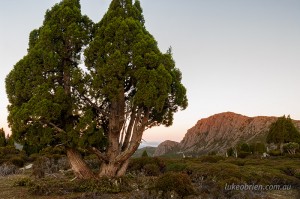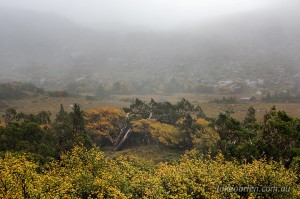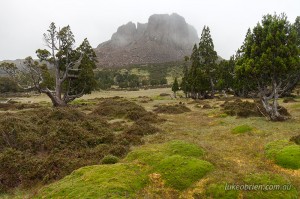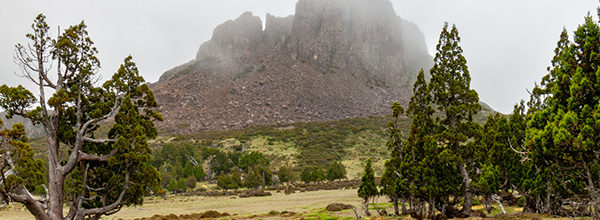Tasmanian Bushfires
Summer 2015-16 is going to long be remembered for a series of major Tasmanian bushfires which thankfully have had very little impact on life and property, but have nonetheless been utter disasters – if for no other reason than what they potentially signify for what’s to come in a drier and warmer 21st century as global warming really takes hold.
Where are the fires?
The fires which broke out in mid-late January – are still burning, and burning is some very special landscapes.
* The Tarkine, which is in fact a mosaic of rainforest and buttongrass, has a monster fire burning and needs substantial rain to put a real dent in it.
* Lake McKenzie, a fire in the northern area of the Central Plateau and Great Western Tiers has consumed a huge area and spread west to join another fire on the February Plains in the Cradle Mountain-Lake St Clair National Park.
* South West – the Gordon River Rd is closed beyond the Scotts Peak Rd turnoff due to fire activity, and for a fair while, the Scotts Peak Rd itself, and even access beyond Maydena was closed to the public.
* Tyndall Range – A small, but potentially ecologically significant, fire is now under control in the Tyndall Range.

Walls of Jerusalem, Tasmania. Fires have burnt pencil pines in the Lake McKenzie area, well north of this location (Dixons Kingdom)
Why are these fires significant?
The fires broke out in mid-late January after a series of dry lightning strikes – which itself is a worrying sign, as dry lightning strikes are also seen as a sign of a changing climate.
The fires themselves are burning not just eucalypt and buttongrass – which basically thrive in a fire prone environment and in fact benefit from regular burns – but also in alpine regions and in rainforest, whose very existence is in fact testament to the fact that these landscapes have not seen fire in hundreds of years (rainforest) and many thousands of years (alpine region).
Tasmania is a living and evolving natural history museum thanks to the magnificent World Heritage Area and other reserves. Species such as the deciduous beech, King Billy Pine and Pencil Pine (amongst others) do not grow anywhere else on earth, and will not reappear after fire. It is a tragedy unfolding before our eyes, and the saddest thing of all is that a warming climate means fires like this will only become more frequent.

Mt Tyndall, fagus and pencil pine environment. Western Tasmania.
My rant
Tasmania’s Premier, Will Hodgman has made a point of saying that given that only 1 percent of the World Heritage Area has burnt, conservationists shouldn’t be spreading falsehoods of a decimated landscape. I say that the one percenters are all going to add up. Maybe not next summer but within the next few years there will be another fire that may burn out another 1%; or 3%; or 0.3%. Given that these landscapes will never recover I cannot be flippant about it and would expect more from those in charge.
Many of these areas are very close to the heart for most members of Tasmania’s landscape and wilderness photography community, myself included. They are special places, and rightfully recognised as World Heritage, and I sincerely hope my gut feeling – that these places will be lucky to survive the next 100 years – is completely wrong.

Pencil Pine & Cushion Plant in Tasmania’s Walls of Jerusalem
Links
David Bowman – “This is what climate change looks like”
Photos by Rob Blakers and Dan Broun
